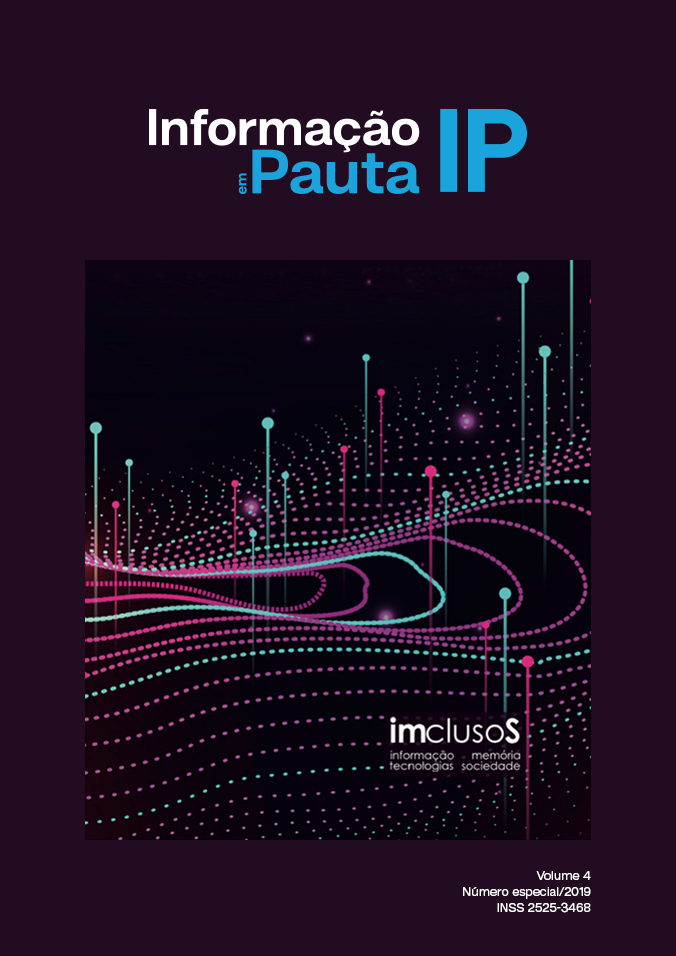Educator leadership and educating empowerment as instrumentalization in the ethical-moral-social construct under the freirian perspective
DOI:
https://doi.org/10.32810/2525-3468.ip.v4iEspecial.2019.42613.176-191Keywords:
Education, Leadership, Empowerment, Freirean praxisAbstract
Leadership and empowerment are themes widely discussed in organizational contexts. However, when it comes to the application of these concepts in the pedagogical context, more precisely in educator-educating relations, they are revealed as still incipient fields, lacking in studies and scientific research. Thinking about the importance of these themes in pedagogy and supported by the life and work of Paulo Freire, this study aims to understand the interpersonal relationships present in educational environments and how they can be improved and inspired by principles present in his legacy, such as love, justice, freedom, humility, critical thinking and ethics. For that, the theoretical revision of concepts such as leadership, empowerment, education and pedagogy based on the study of the Freirian work was used as method. We can understand that the school no longer configures itself as the sole or even the main place where the manifestations of teaching-learning take place. Consequently, the role of educator no longer focuses on the classroom teacher. Learning can take many forms, often as an unconscious process, in which the responsibility of educating lies in all who transmit knowledge and interact with those who receive it. From the closer analysis of leadership and empowerment relations between educator and educator, the result was that responsibility for the construction of a more humanistic and egalitarian society rests with each individual who is in the role of educator, enabling the students to develop a critical and instrumental world reading, based on Freirian principles and the awareness of reality itself, making it capable of transforming it.
Downloads
References
COVEY, S. Liderança baseada em princípios. São Paulo: Cutrix, 1998.
DESSEN, M. C.; PAZ, M. G. T. Bem-estar pessoal nas organizações: o impacto de configurações de poder e características de personalidade. Psic.: Teor. e Pesq., Brasília, v. 26, n. 3, p. 549-556, jul/set, 2010.
FIORI, E. M. Aprender a dizer a sua palavra. In: Freire, P. Pedagogia do Oprimido. 22. ed. Rio de Janeiro: Paz e Terra, 1993.
FREIRE, Paulo. Educação como prática da liberdade. Série Ecumenismo e Humanismo, v. 5. Rio de Janeiro: Paz e Terra, 1969.
FREIRE, Paulo. Pedagogia da autonomia. São Paulo: Paz e Terra, 1997.
FREIRE, Paulo. Pedagogia da esperança. São Paulo: Paz e Terra, 1994.
FREIRE, Paulo. Pedagogia do oprimido. 17. ed. Rio de Janeiro: Paz e Terra, 1987.
FREIRE, Paulo; SHOR, Ira. Medo e Ousadia: o cotidiano do professor. 3. ed. Rio de Janeiro: Paz e Terra, 1986.
GADOTTI, M. et. Al. (org). Paulo Freire: uma biobibliografia. São Paulo: Cortez, UNESCO e Fundação Paulo Freire, 1995.
GARDNER, H. Mentes que lideram: uma anatomia da liderança. Porto Alegre: Artes Médicas, 1996.
JACOBS, T. O. Leadership and exchange in formal organizations. Alexandria, VA: Human Research Organization, 1970.
WILSON, Sybil E. A educação abre as portas para um mundo melhor. Educação. Porto Alegre, v. 34, n. 2, p. 241-251, mai./ago. 2011.
ZITKOSKI, Jaime José. Paulo Freire & a Educação. 2. ed. Belo Horizonte: Autêntica Editora, 2010.
Published
How to Cite
Issue
Section
License
Autores que publicam nesta revista concordam com os seguintes termos:
a. Autores mantém os direitos autorais e concedem à revista o direito de primeira publicação, com o trabalho simultaneamente licenciado sob a Creative Commons Attribution License que permitindo o compartilhamento do trabalho com reconhecimento da autoria do trabalho e publicação inicial nesta revista.
b. Autores têm autorização para assumir contratos adicionais separadamente, para distribuição não-exclusiva da versão do trabalho publicada nesta revista (ex.: publicar em repositório institucional ou como capítulo de livro), com reconhecimento de autoria e publicação inicial nesta revista.
c. Autores têm permissão e são estimulados a publicar e distribuir seu trabalho online (ex.: em repositórios institucionais ou na sua página pessoal) a qualquer ponto antes ou durante o processo editorial, já que isso pode gerar alterações produtivas, bem como aumentar o impacto e a citação do trabalho publicado.



